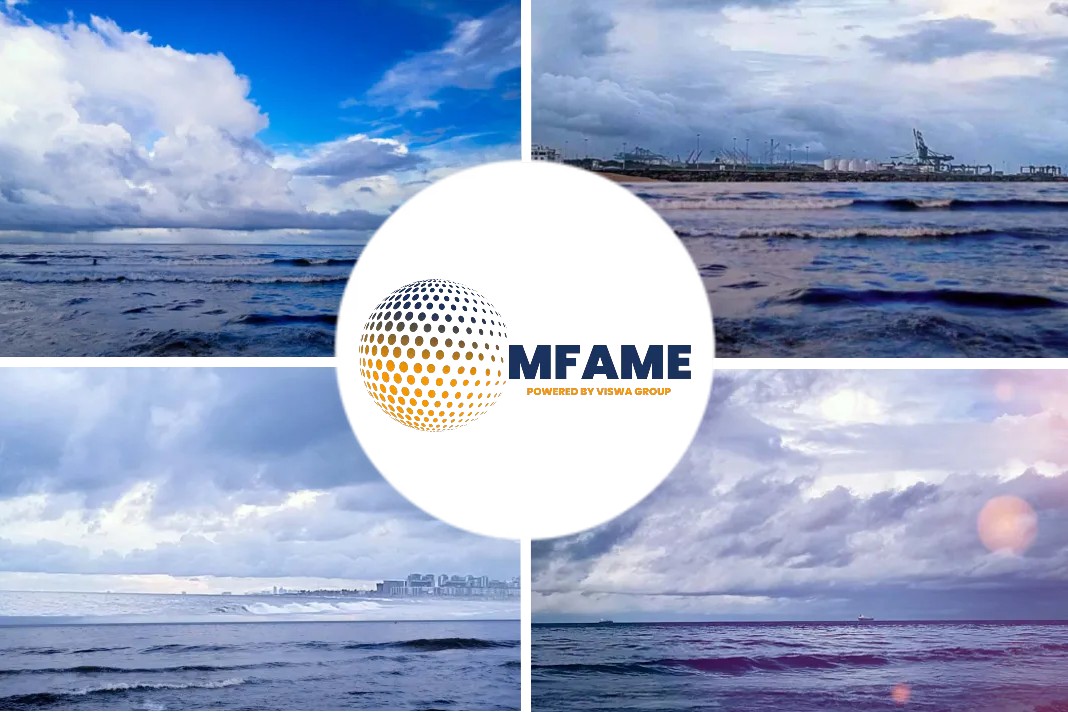ABS is part of a joint development project (JDP) with the Mærsk McKinney Møller Center for Zero Carbon Shipping and leading global players in the marine and offshore industries to assess the technical, financial and environmental potential of converting existing vessels to zero-carbon fuels and technology, reports cision.
Analyzing The Emission Reduction Potential
Together with JDP partners A.P. Moller – Maersk, MAN Energy Solutions, Mitsubishi NYK, Seaspan and Total, ABS and the Center will assess conversion options and de-risk asset investments by analyzing the emission reduction potential as well as the techno-economic opportunity of converting vessels currently fueled by fossil-based fuels to zero- or neutral-carbon fuel solutions.
The project will also identify a number of technical modifications of relevance for today’s new buildings to reduce the cost of future conversions, thus minimizing the associated financial risk for shipowners.
Future Solutions
The project partners will address various vessel types including containers, tankers and bulk carriers and their potential conversion from fuel oil, LNG and LPG to future solutions such as ammonia or methanol. The financial assessment will cover items such as conversion-, technology- and fuel costs as well as associated operating costs, whereas the environment assessment will, among other things, cover the greenhouse gas reduction potential over the lifetime of a vessel.
Vitally Important
“This is a vitally important piece of work for the industry. We are assessing the opportunities and consequences of converting ships from fossil-based fuels to a zero- or neutral- carbon fuel solution, which is something every shipowner and operator urgently needs actionable insight into. This project will turn the industry’s decarbonization ambitions into a series of actionable steps with a pathway for each vessel type to carbon-free operations,” said Georgios Plevrakis, ABS Director, Global Sustainability.
“In order to accelerate the investments in a zero-carbon maritime value chain, we have to reduce the risk of stranded assets. With this project, we address that challenge by providing clarity and an overview of the operational, fuel and technology options, their associated environmental and financial impact as well as their transition pathways,” said Claus Winter Graugaard, Head of Onboard Vessel Solutions, the Center.
ABS Guide
The project is informed by the ABS Guide for Gas and Other Low-Flashpoint Fuel Ready Vessels, which introduced an Alternative Fuel Ready program for the marine industry, identifying all technical issues that must be considered in development of low- and zero-carbon fuel designs.
Download a copy of the ABS Guide for Gas and Other Low-Flashpoint Fuel Ready Vessels here.
Did you subscribe to our daily newsletter?
It’s Free! Click here to Subscribe!
Source: cision



















